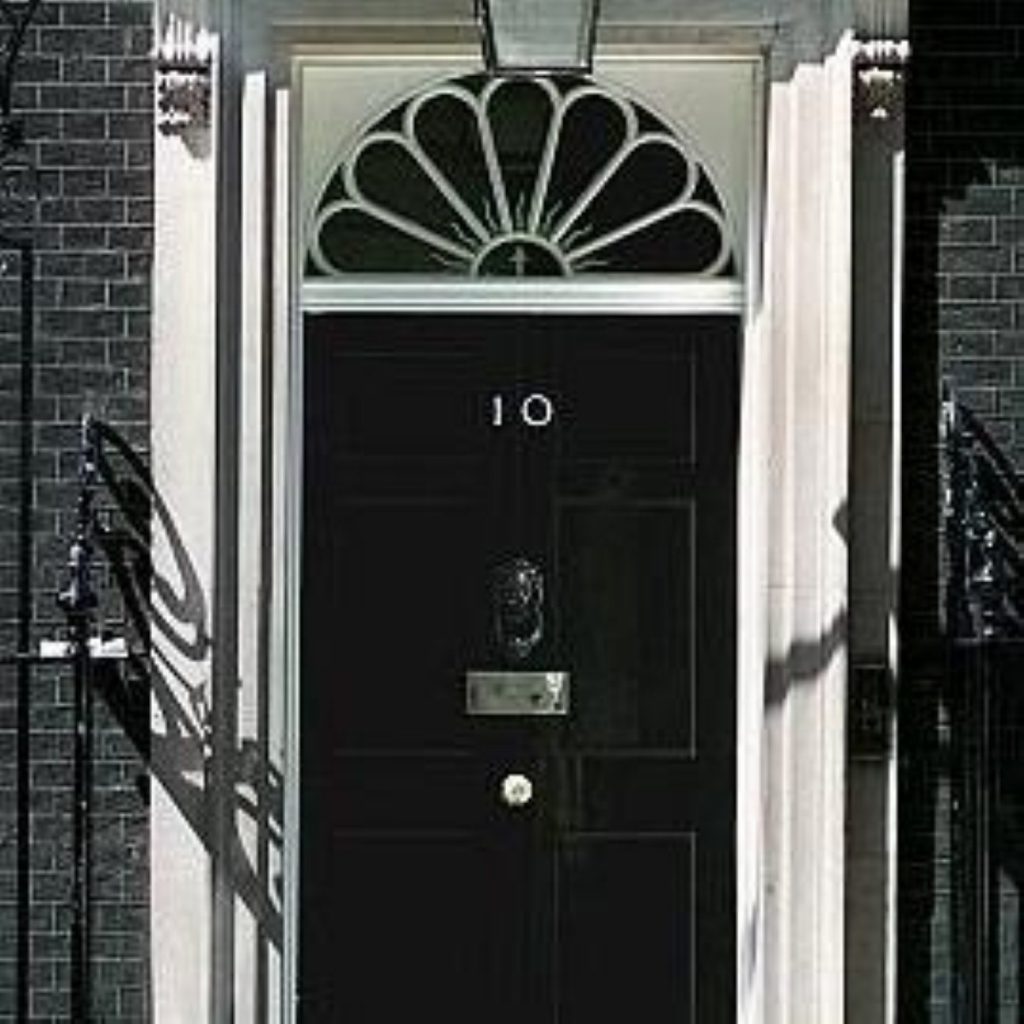Analysis: What happens next year?
Two of the country’s top analysts offer their suggestions for the year ahead. Sunder Katwala, general secretary of the left-of-centre Fabian Society trades opinion with Anthony Brown, director of the right-of-centre Policy Exchange.
The first question you have to ask is how far Gordon Brown remains in control of his political future. With an increasingly rebellious party under him, an emboldened opposition and deteriorating authority, just how much of his agenda can he force through the Commons?
Sunder Katwala thinks the point is overstated. “As a government, he’s in a stronger position than most people think.
“He’s been compared with governments on the way out, like Major or Callaghan, but those were governments that had lost the ability to govern. This government has a solid majority and a unified party, unlike Major or Callaghan.”


Not so, says Anthony Brown. “He’ll probably have a lot of trouble getting more controversial legislation through, because he’s losing authority in the party. Even cabinet minister are telling journalists off the record they’ve lost faith in him.
“If your MPs assume you’re going lose the next election, you lose the power of patronage. It’s far easier for MPs to rebel because they don’t have to worry what the prime minister thinks, as he won’t be around that long. And that’s why there’s this shadow campaigning going on with Ed Balls positioning himself for leader. His statements on faith schools are being interpreted by many people as a play for support on the left wing of the Labour party.”
Assuming Mr Brown has the ability to get his agenda across, exactly what should that agenda be? The electorate still seem confused as to his views and where he wants to take the country. In Sunder Katwala’s view, what he needs is less policies, not more.
“The government’s got lots and lots of policies,” he says. “In a way it’s a problem of too much policy. You don’t need 50 plans and initiatives and agendas, what you need across all the policy agendas is a stronger core narrative. You need four or five things which communicate what the government is for. It’s about the core message, which I think remains one about an economic and social agenda going together, but that has to be sharpened into a popular fairness.”
Perhaps, but does Mr Brown even know what he wants to do? “He should consolidate the message,” Anthony Brown replies, “but first of all he needs to work out what he does believe in.
“First he was going to turn back Blairite reform. Then he called off the election and suddenly he’s post-Blair and pushing on with reform. To have these conflicting messages in one year is very confusing for the general public.”
All politicians have plans for the country, and all of them are frustrated by the world’s plans for them. As Harold Macmillan said when a journalist asked him what drives politicians off-course: “Events, dear boy, events.” Mr Brown had a battle plan when he came into office, and then bad things started happening to the world economy and factors the public hadn’t dreamed of – eye-watering rises in fuel prices and a plunge in the housing market – forced a new battle plan on him. Can Mr Brown survive it all?
“An economic downturn is difficult for any party of government,” says Sunder Katwala, “but the mistake would be to say the economics takes away the need for politics. Labour needs to connect that up to what people feel during economic instability – saying why this happens.
“And there’s a strong argument for saying this is the role of government, to insure against economic risk. The centre-left is better placed to tell its distinctive story than the centre-right in this. There’s a lot of individualism in society and politics, but during downturns people call on the government to act, so it’s not a time people want to see government step back.”
There’s some support for that argument, and historically the left has won the support of the public during economic downturns, because they offer greater promises. But there are other factors in play here.
Anthony Brown says: “I think the economic downturn is incredibly damaging to Gordon Brown because he based his right to rule on economic confidence as chancellor. If he loses that record, he loses a lot of his political credibility.
“When people are hurting, they’re angry. And then they vote against the people that got them into this position. If there are a lot of economic horror stories, it will affect the government. Sometimes the public opts for the evil you know, but that only works if the government’s economic reputation remains in good condition and economic woes are seen as product of outside events they couldn’t have done anything about,” he continues.
“But now the government is seen as at least partially responsible, and the opinion polls show the Tories are seen as more trustworthy on the economy. They will trust those who are seen as more competent, not those whose reputation is being destroyed before their eyes. There are very few political analysts who think otherwise.”
Perhaps the prime minister can make it through, offering just the sort of policies which commentators and the public see as sensible, competent and useful. But Mr Brown’s problem isn’t really what he does now, it’s based on what people conclude about what he didn’t do before. The chances of an economic recovery any time soon seem bleaker and bleaker by the day. Without it, all other issues fade into insignificance.
Whatever happens, it’s going to be a tough, tough year for the man in No 10.
Ian Dunt









